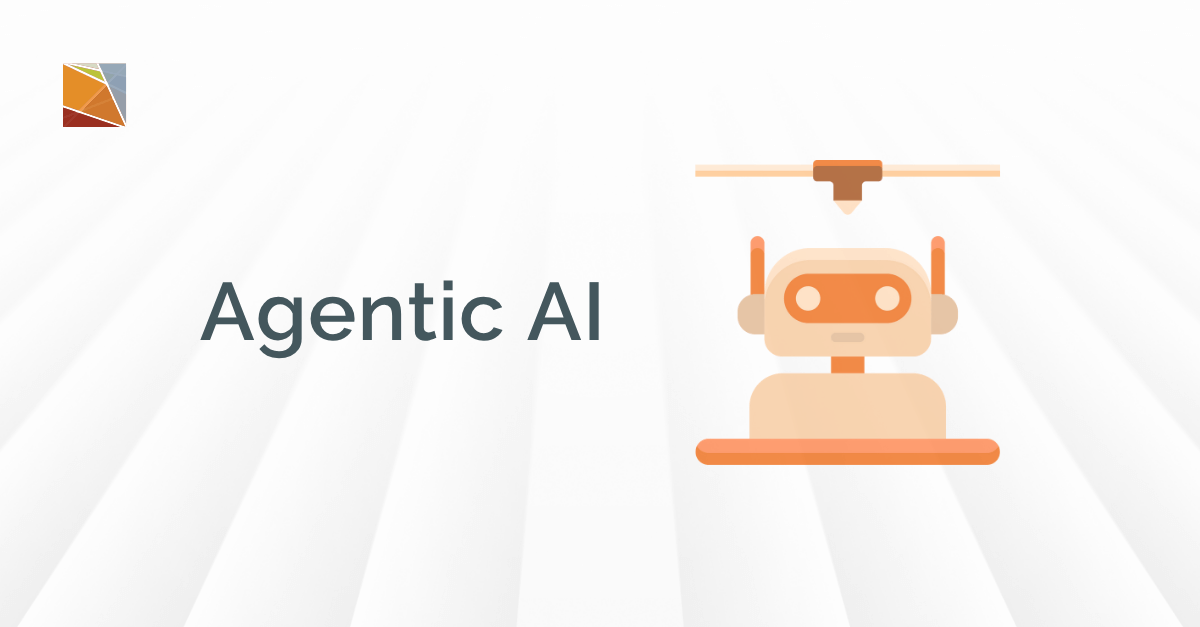Share this on:
Agentic AI is a type/branch of artificial intelligence that acts autonomously for reasoning, dynamic problem-solving, and decision-making tasks – all of this without human oversight. It can quickly adapt to changing environments and events.
The term “agentic” is derived from the word “agency,” that means the capability of acting independently. Agentic AI is powered by large language models, retrieval-augmented generation, multi-modal models, reinforcement learning, symbolic reasoning, and cognitive and planning modules.
Three Most Popular Features of Agentic AI
Autonomous
Agentic AI does not need any human assistance. It can act and react on its own.
Adaptable
Agentic AI evolves through its interactions. It will absorb feedback from its environment & enhance its behavior to optimize future outcomes.
Purpose-Driven
Agentic AI has the ability to reason well. It can interpret goals and strategically plan actions to achieve them. It will dynamically adjust its approach as needed.
What is the Difference Between AI and Agentic AI?
Agentic AI is the newest category that sits under artificial intelligence systems. Agentic AI makes autonomous, informed decisions, does advanced reasoning, and continuously learns and adapts in real-time.
Traditional AI, on the other hand, is rigid and might struggle to perform multistep tasks. It is typically built to perform one task. For example: image recognition, spam detection. It will act on pre-set rules and specific inputs and generate static responses.
Here’s a simple way to understand AI vs Agentic AI:
Traditional AI, such as customer support chatbots, can answer FAQs, but will not evolve to new contexts or address new queries on their own. It can only work using pre-defined scripts.
On the other hand, Agentic AI such as an AI assistant can adapt based on customer preferences, handle unexpected queries – anticipate customer needs and act intelligently without human intervention.
What is the Difference Between Agentic AI and Generative AI?
Simply put, agentic AI is proactive whereas generative AI is reactive to user input. Agentic AI is autonomous. Unlike generative AI, it does not rely on prompts to perform tasks. As mentioned earlier, it has the ability to reason and solve complex problems on its own. Generative AI will create content based on the large data sets they are trained on. Examples include ChatGPT, Gemini, DALL-E, and more.
What is the Difference Between RPA and Agentic AI?
RPA stands for Robotic Process Automation. RPA is great for handling repetitive, structured, rule-based tasks. RPA is a good option for generating invoices, customer support, customer onboarding, etc.
But you’d require agentic AI when you want to maximize productivity and innovation. It will not just automate specific tasks but enable your intelligent systems to adapt to new information.



